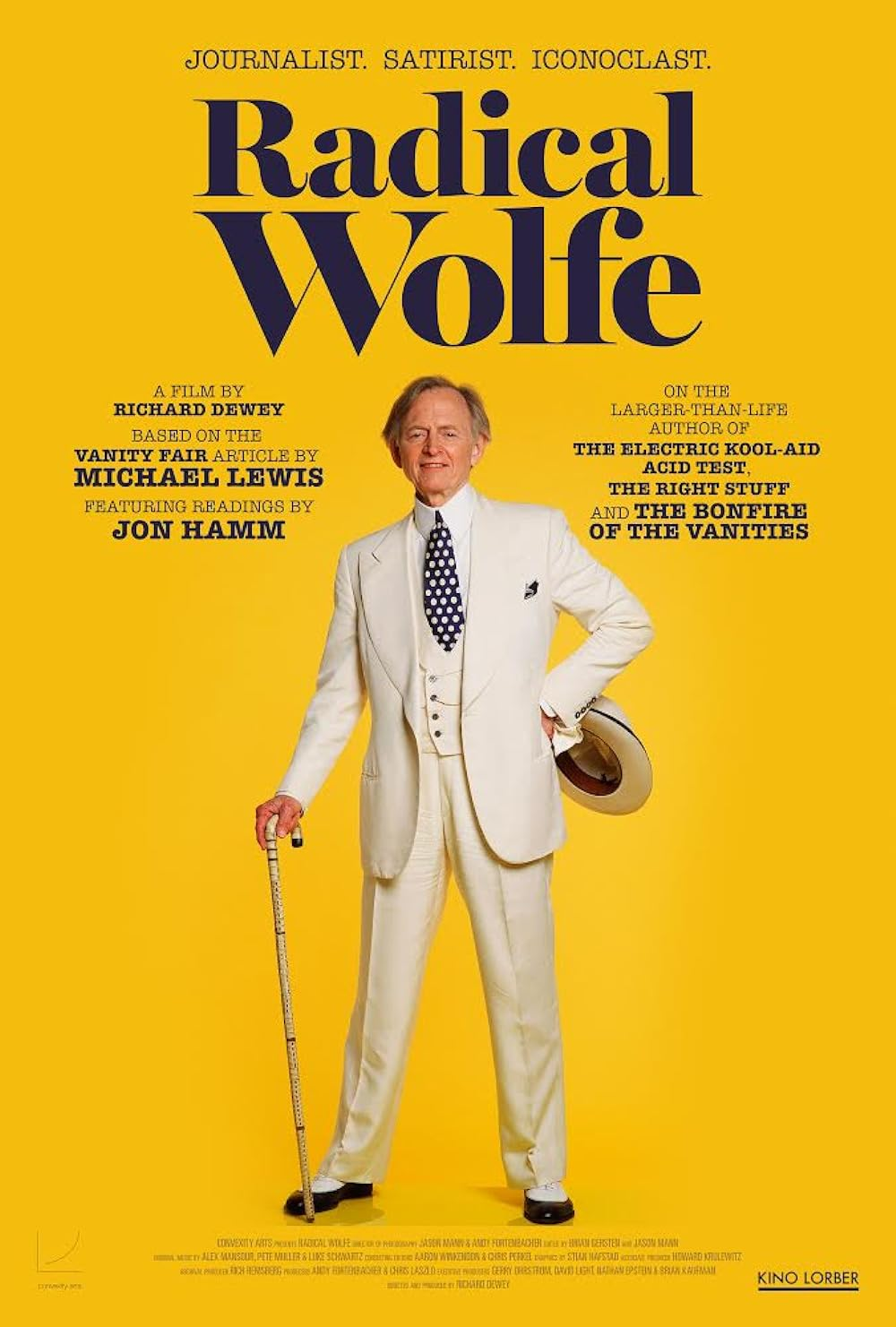While the postwar boom had materially improved the lives of most Americans, Wolfe also believed that the freedom and prosperity they enjoyed had bred cultural confusion—as exemplified by the hippies. “THE ‘ME’ DECADE AND THE THIRD GREAT AWAKENING,” for instance, is a breezily written but substantively grave assessment of the excesses and narcissistic indulgences Wolfe believed were corroding American life—easy sex, consumerism, and the phony, self-centered spiritualism driving a “Third Great Awakening.” “All rules are broken!” he wrote. “The prophets are out of business! Where the Third Great Awakening will lead—who can presume to say? One only knows that the great religious waves have a momentum all their own. Neither arguments nor policies nor acts of the legislature have been any match for them in the past. And this one has the mightiest, holiest roll of all, the beat that goes … Me … Me … Me … Me …”
Wolfe ends the piece with a then- uncharacteristically serious and direct push for his readers to reject “the luxury, enjoyed by so many millions of middling folk, of dwelling upon the self” and embrace the elemental realities their forebears had. Soldiers laying their lives on the line for their country and parents willing to sacrifice “their own ambitions and their material assets” were, for Wolfe, role models the country should return to, people who understood their lives “however unconsciously, as part of a great biological stream.”
The Right Stuff (1979), Wolfe’s book on the first American astronauts, the Mercury Seven, can be read as an exploration of the virtues Wolfe wanted more Americans to adopt. The right stuff that John Glenn and Alan Shepard exemplified was something more than mere bravery or moxie. It was the capacity to genuinely improve oneself—not through narcissistic introspection or consumption, but by taking on “a seemingly infinite series of tests.” And what the Mercury Seven demonstrated, he suggested, was that the task of self-improvement might ideally be undertaken “in a cause that means something to thousands, to a people, a nation, to humanity, to God.”
It should perhaps go without saying at this point that Wolfe was a conservative. This is obvious enough in his writing that Radical Wolfe’s reticence about his politics is striking and curious. “He sat at a very uncomfortable intersection between red America, blue America, left and right,” Lewis says unhelpfully at one point. “He avoided being too closely identified with any kind of political ideology.” This was true of many of Wolfe’s interviews and public statements, but his writing simply wasn’t as open to ideological interpretation as the film suggests. Its very first overt statement on Wolfe’s political thought comes from The Wall Street Journal’s Gregory Zuckerman, who argues, “in some ways, he’s very much progressive, in that he’s very focused on those overlooked in society.”
